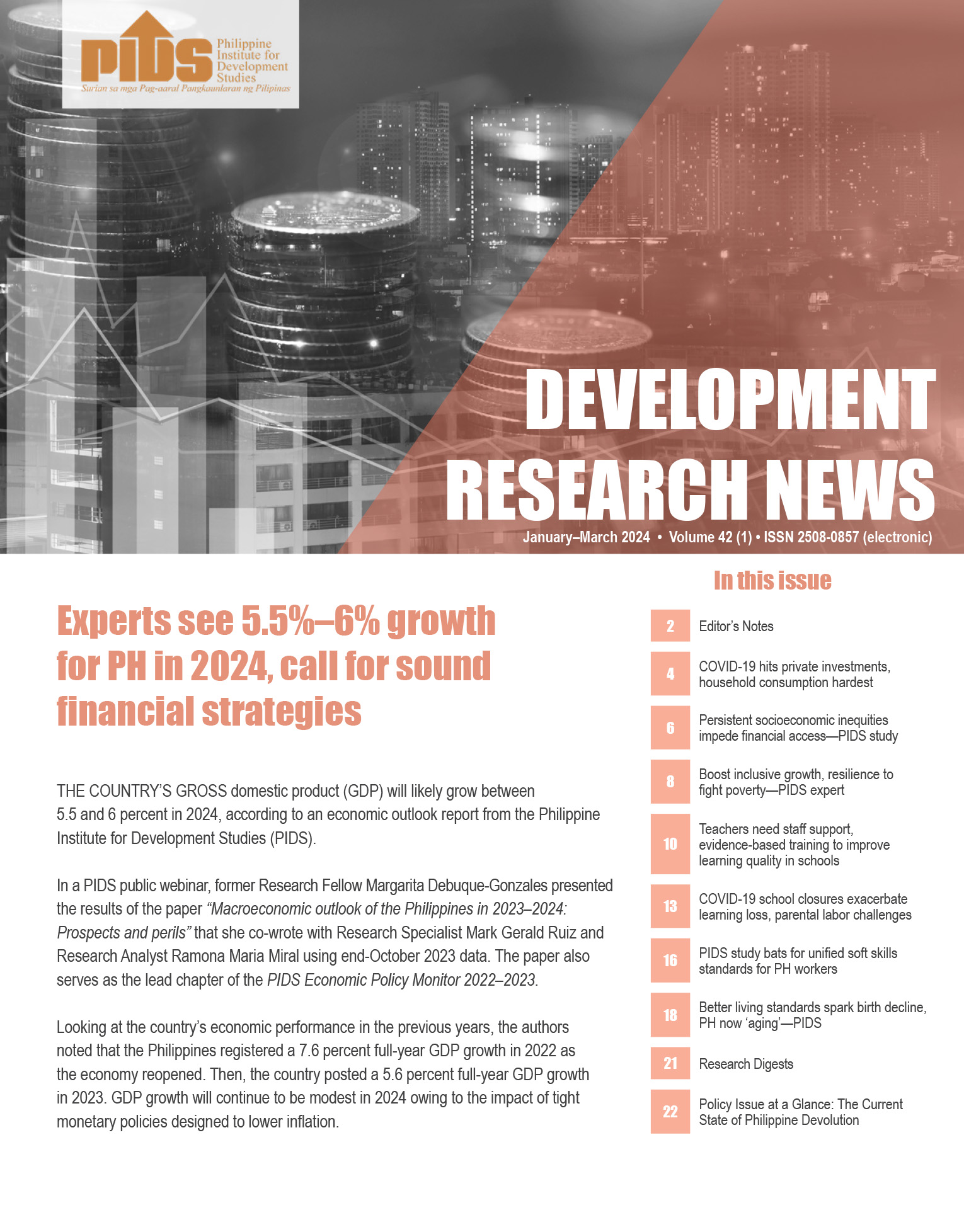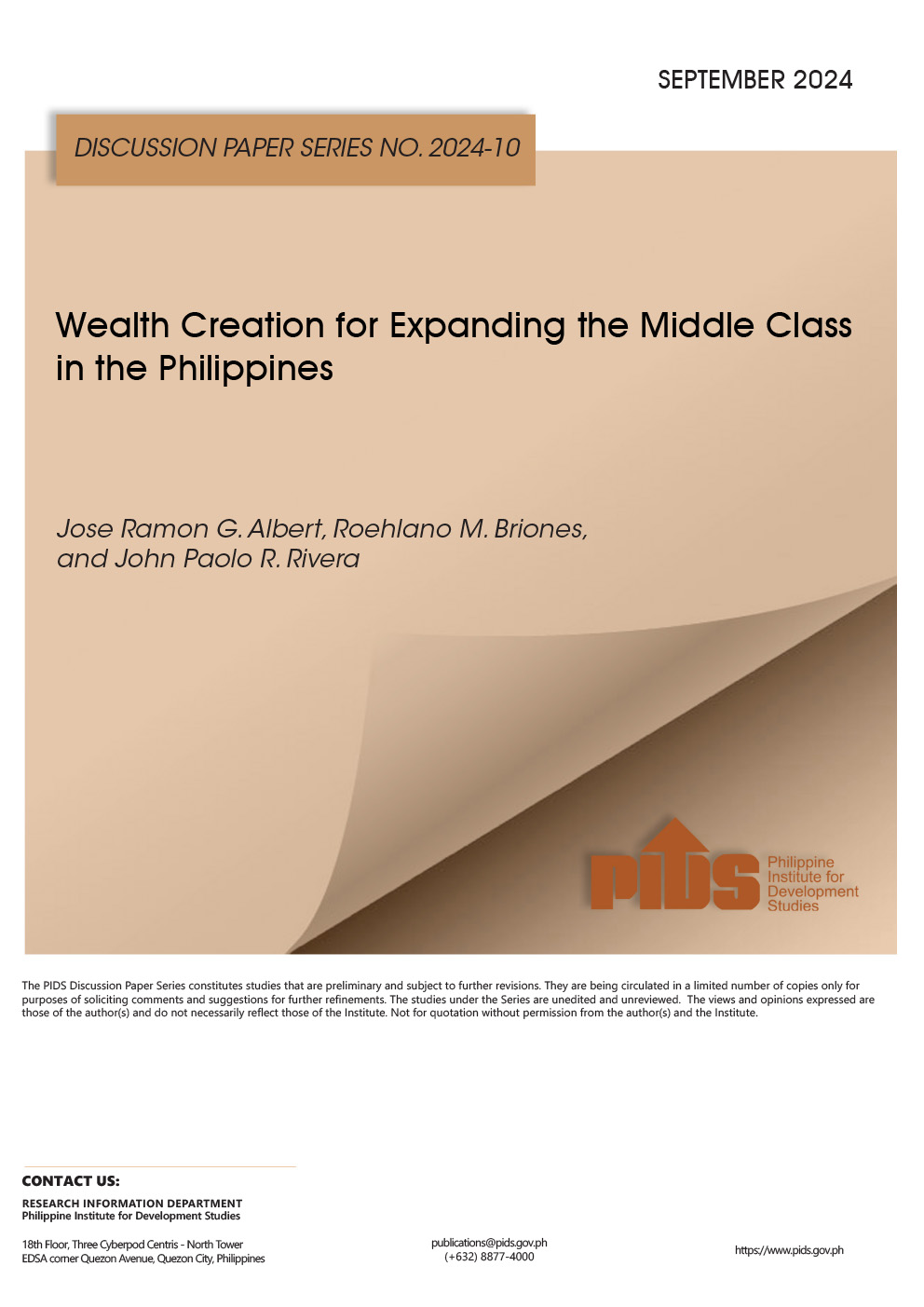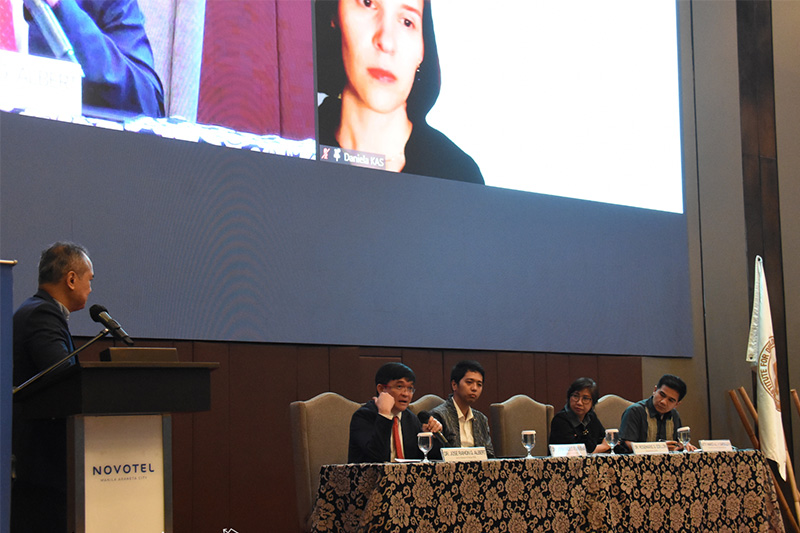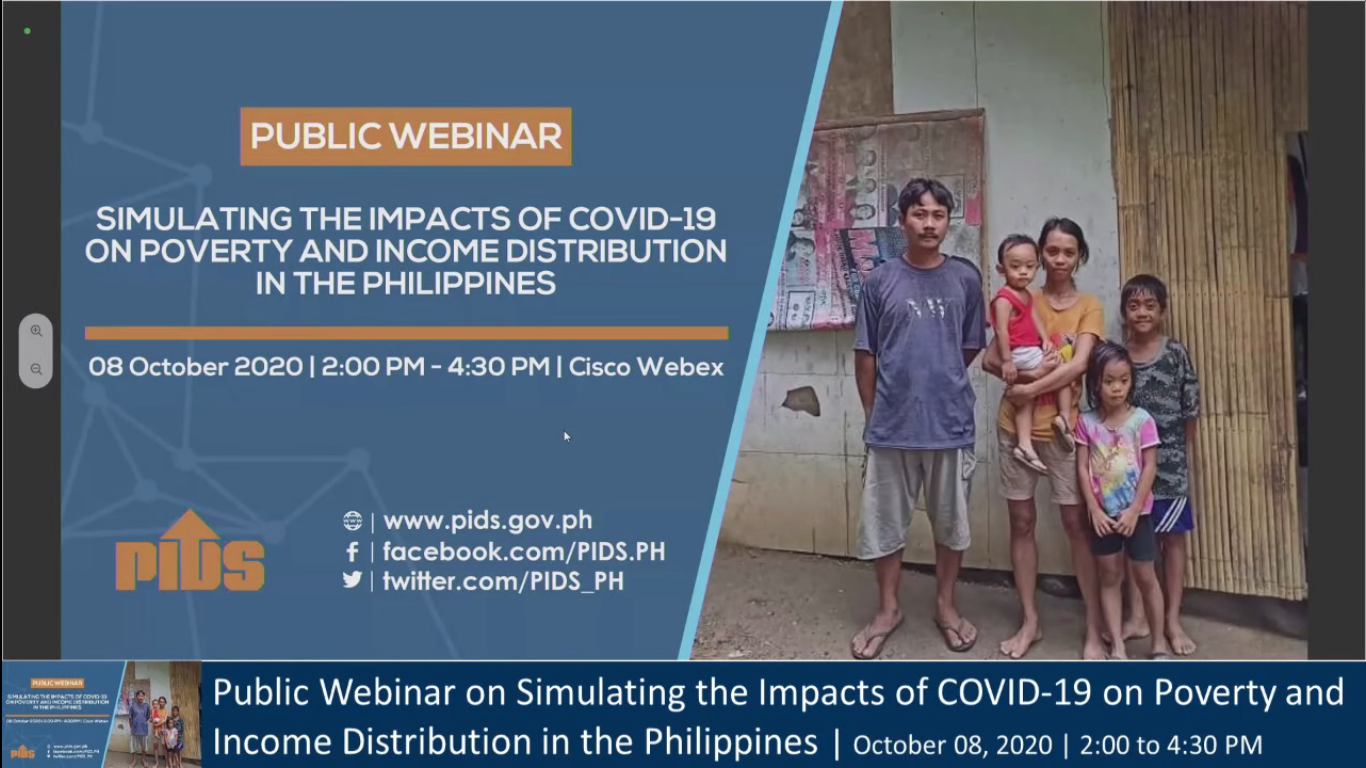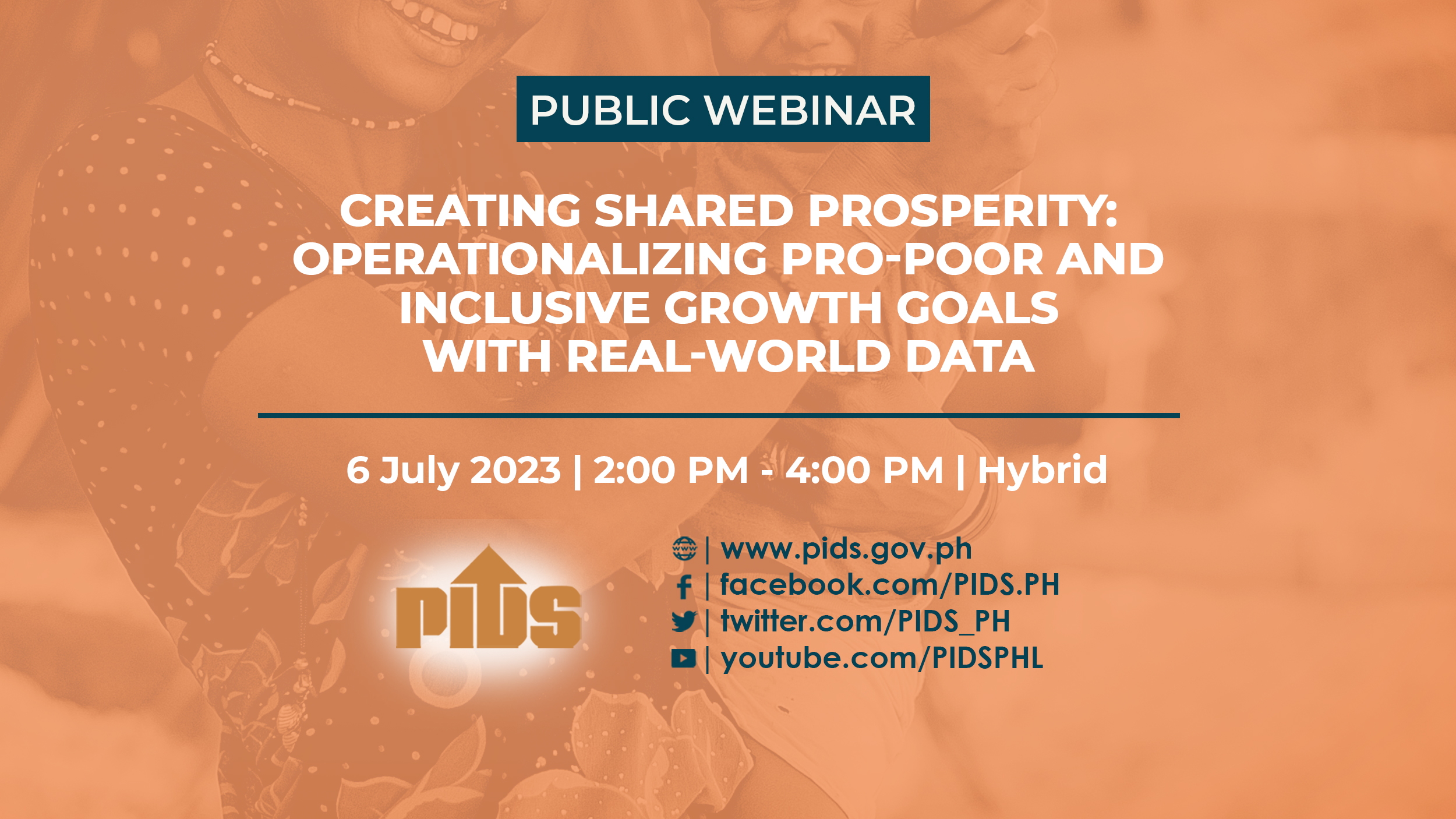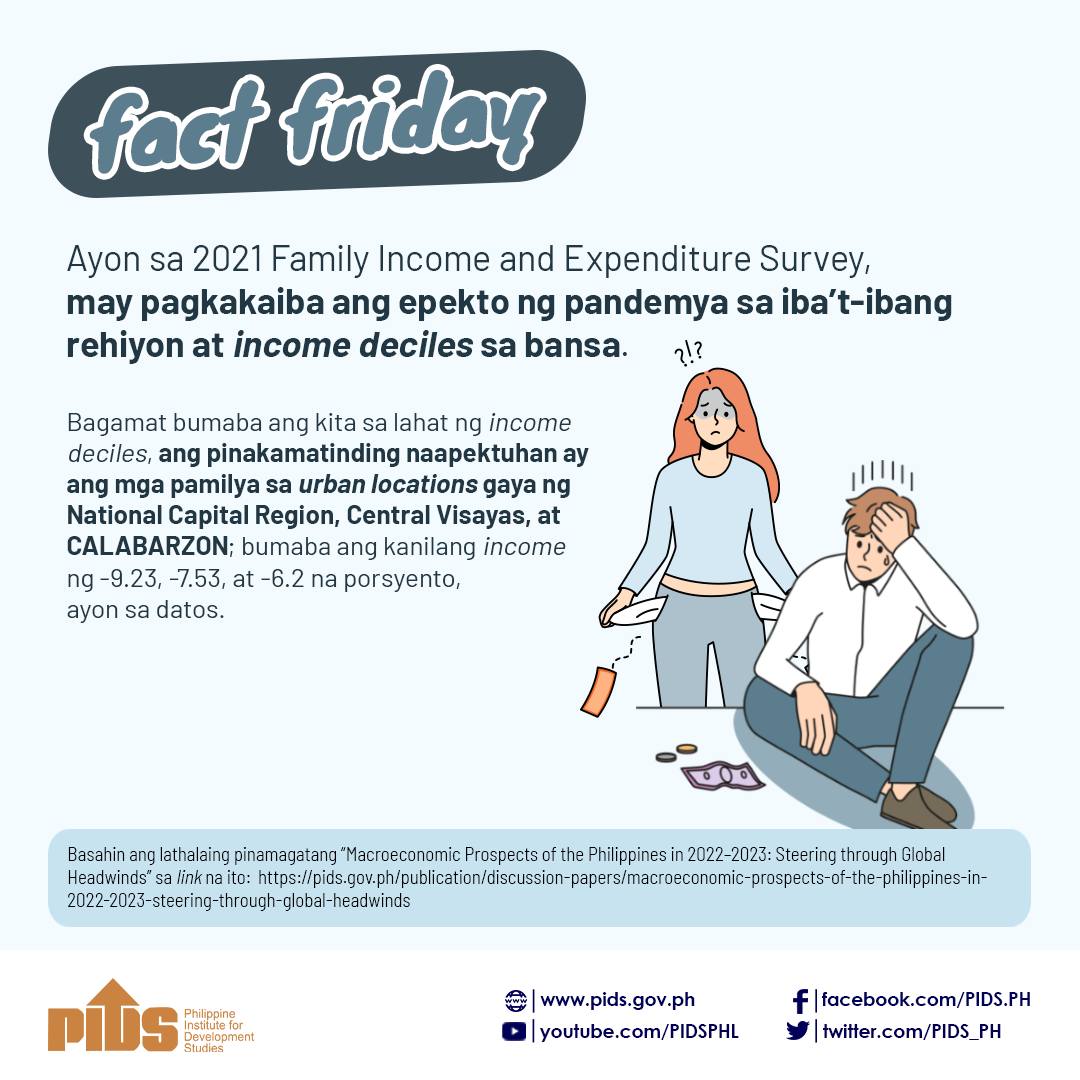Poor households in the Philippines lose about seven percent of their per capita incomes due to natural disasters, a study published by the Philippine Institute for Development Studies (PIDS) showed. In a policy note, PIDS senior research fellows Danilo Israel and Roehlano Briones looked into the impact of natural disasters on income and poverty at the household level in the Philippines. To analyze the impact of natural disasters on household income and household poverty, the study looked into the Community-Based Monitoring System (CBMS) Household Profile Survey for Pasay City, Metro Manila. "Pasay City was selected because the authors were granted permission by the city government to use its data. Furthermore, the city is among the hardest hit areas by floods, including those caused by typhoons, in Metro Manila,” the study said. According to the PIDS report, while the CBMS survey gathered data and information on other forms of natural disasters, typhoons and floods were considered because they are more applicable for Pasay City. The sample consisted of 70,326 households, the policy note said. The PIDS study concluded that both the occurrence and frequency of typhoons and floods have significant and negative effects on household per capita income. The policy note added that these effects would have significant and negative impacts on poor households in the city whose poverty situation would likely worsen with natural disasters. "The results... indicate that households that were affected by a typhoon/flood in the last 12 months tend to have annual per capita incomes that are significantly lower, by 6.72 percent, than those households that were not affected,” the report said. "Pasay City was selected because the authors were granted permission by the city government to use its data. Furthermore, the city is among the hardest hit areas by floods, including those caused by typhoons, in Metro Manila,” the study said. According to the PIDS report, while the CBMS survey gathered data and information on other forms of natural disasters, typhoons and floods were considered because they are more applicable for Pasay City. The sample consisted of 70,326 households, the policy note said. The PIDS study concluded that both the occurrence and frequency of typhoons and floods have significant and negative effects on household per capita income. The policy note added that these effects would have significant and negative impacts on poor households in the city whose poverty situation would likely worsen with natural disasters. "The results... indicate that households that were affected by a typhoon/flood in the last 12 months tend to have annual per capita incomes that are significantly lower, by 6.72 percent, than those households that were not affected,” the report said.
Poor said to lose 7% of income to disasters

